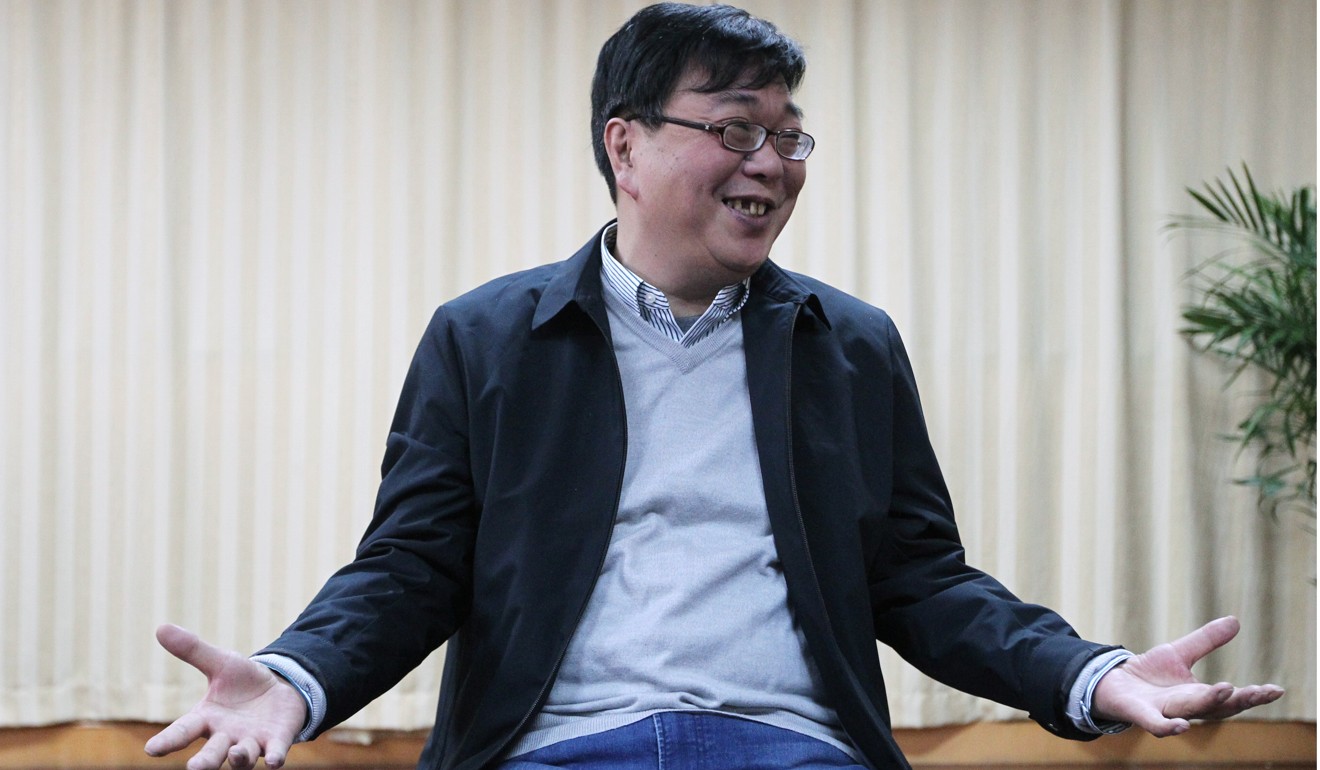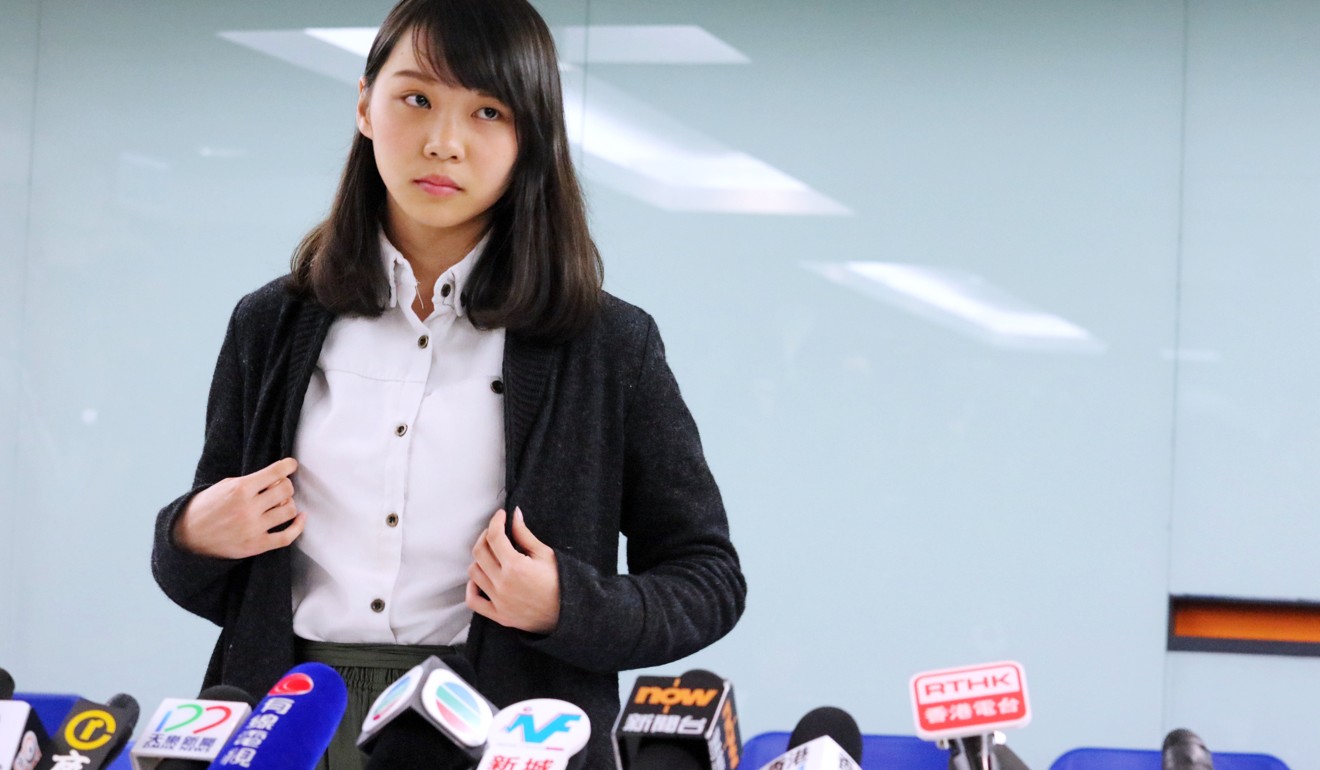
Help detained bookseller and improve domestic workers’ rights, Hong Kong told in submission to UN
Report on city’s freedoms to UN Human Rights Council also criticises screening of election candidates and calls for new approach to Basic Law interpretations
Hong Kong’s “deteriorating” rule of law and human rights conditions were thrown under the international spotlight on Tuesday as 45 civil society organisations in the city endorsed a landmark submission to the UN.
It has been handed to the international body’s Human Rights Council, which aims to promote human rights globally, as part of a five-year UN review.
Simon Henderson, a spokesman for the Hong Kong Universal Periodic Review Coalition, said the submission was particularly important given the “climate of deteriorating human rights and rule of law”.
“[It] provides a road map of specific, measurable and achievable recommendations for Hong Kong to abide by its human rights commitments and restore its international standing,” he said.

“Many reflect long outstanding recommendations by the UN which the Hong Kong government has ignored.”
Hong Kong “should take immediate actions to ensure the safety of Gui Minhai and call for his unconditional release”, the report read.
Gui’s situation remains murky. In early March, Sweden’s foreign minister Margot Wallstrom said a Swedish doctor had been denied permission to meet him.
Shirley Yam, a member of the executive committee at the Hong Kong Journalists Association, said that since the arrests, “writers are not to write, printers are not to print, booksellers are not to sell and truckers are not to carry books critical of the mainland government”.
“Candidates standing for election in Hong Kong have been screened on the basis of their political beliefs … More than a dozen have been disqualified, such as Agnes Chow Ting. Hong Kong should legislate to protect the rights of all persons to stand for election, regardless of their political affiliation or political beliefs, within one year,” the report said.
Hong Kong should legislate to protect the rights of all persons to stand for election, regardless of their political affiliation or political beliefs, within one year
The submission – spearheaded by Henderson, a senior policy adviser from advocacy group Justice Centre Hong Kong – suggested that following any future interpretation by Beijing, Hong Kong should publish within six months a report on whether it is compatible with the human rights provisions of the Basic Law and the local Bill of Rights.

The report concluded that there had been little democratic progress in the last five years. The local government “should outline clear and detailed plans, with a timetable on how universal and equal suffrage will be instituted and enjoyed by all citizens, within one year”, it suggested.
The coalition later added that planned national security legislation to prohibit acts of treason, secession, sedition or subversion should only be introduced after universal suffrage had been implemented.
Indonesian domestic helpers share stories of abuse and sacrifice
The report said there was a need for a comprehensive legal framework to combat human trafficking and coerced labour.
Hong Kong should also repeal the so-called two-week rule for domestic helpers – that they have 14 days to find a new job after the end of a contract, or leave the city – as well as the “live-in rule”, the report said. The “live-in rule” is the stipulation that domestic workers must live at their employer’s home. The city should adopt a comprehensive law that ensures migrant domestic workers enjoy the same conditions as other workers, the submission said.
The coalition called on Legco to establish a stand-alone human rights panel within a year and adopt a comprehensive human rights ordinance to incorporate all international human rights obligations.
“Hong Kong’s competitive edge is supported by respect for human rights and adherence to the rule of law,” Henderson said.
The UN’s review of the report, he added, would be a “test for the government to show it is truly committed to protecting Hong Kong’s core values”.
Local officials will travel to Geneva in November for the review process.

